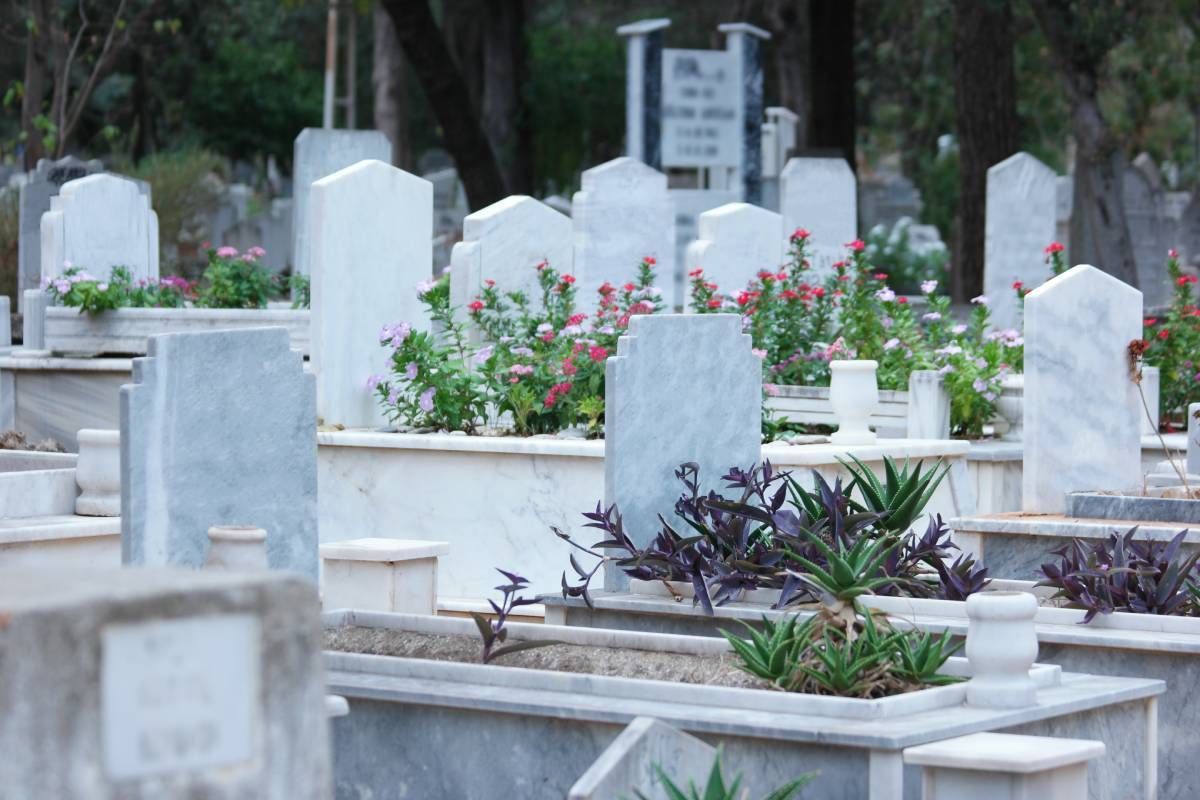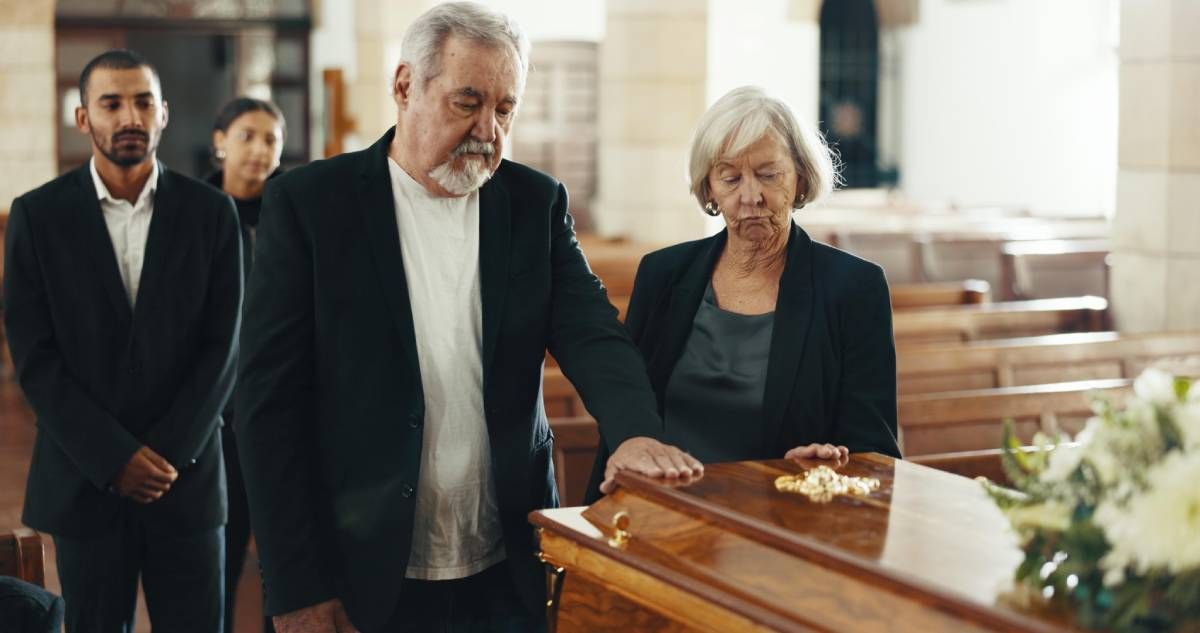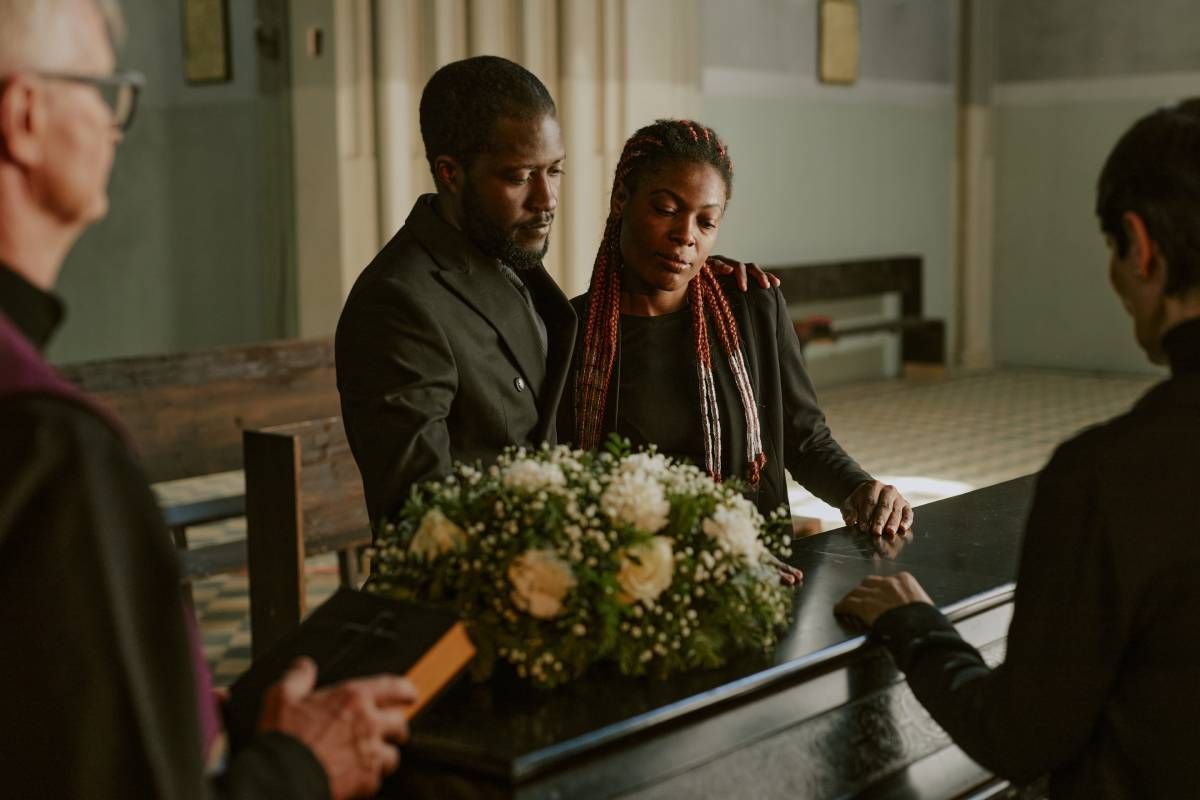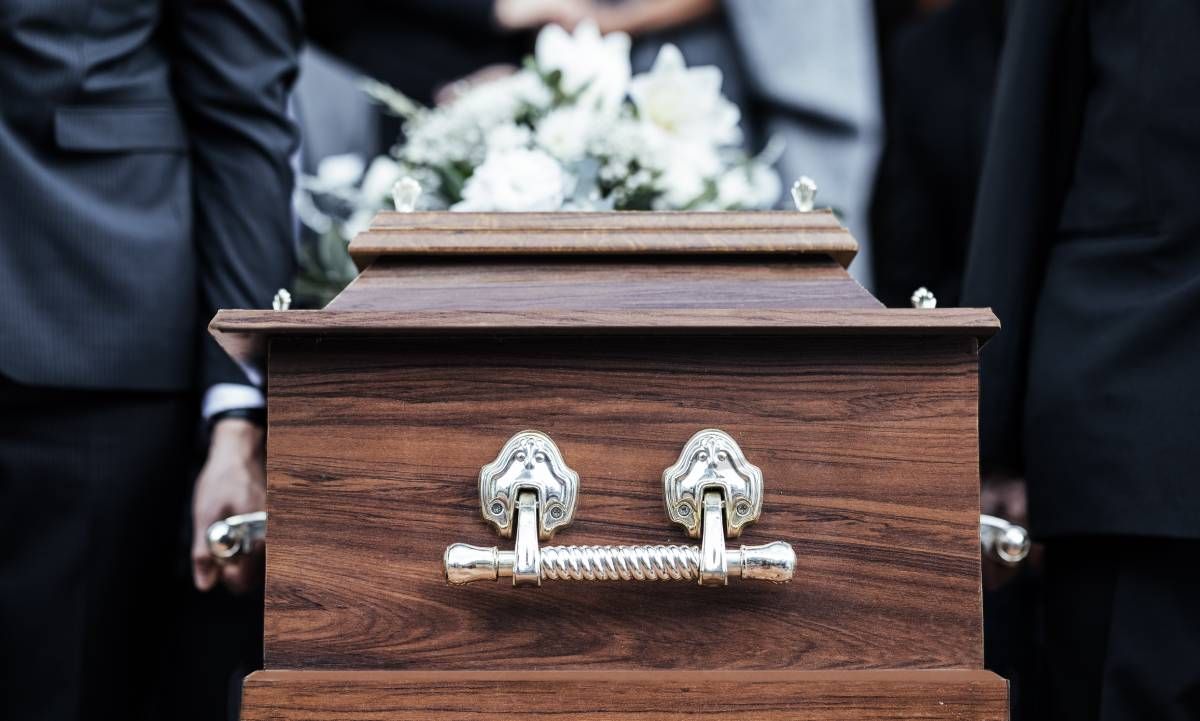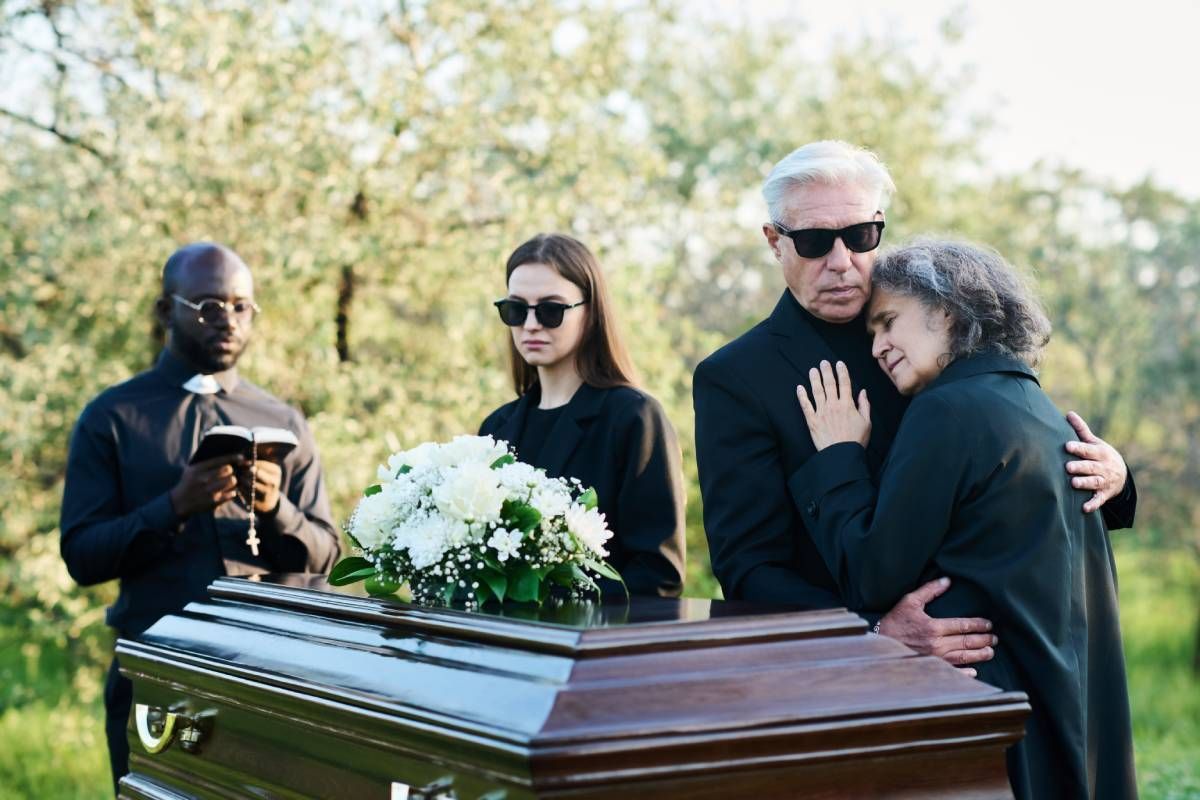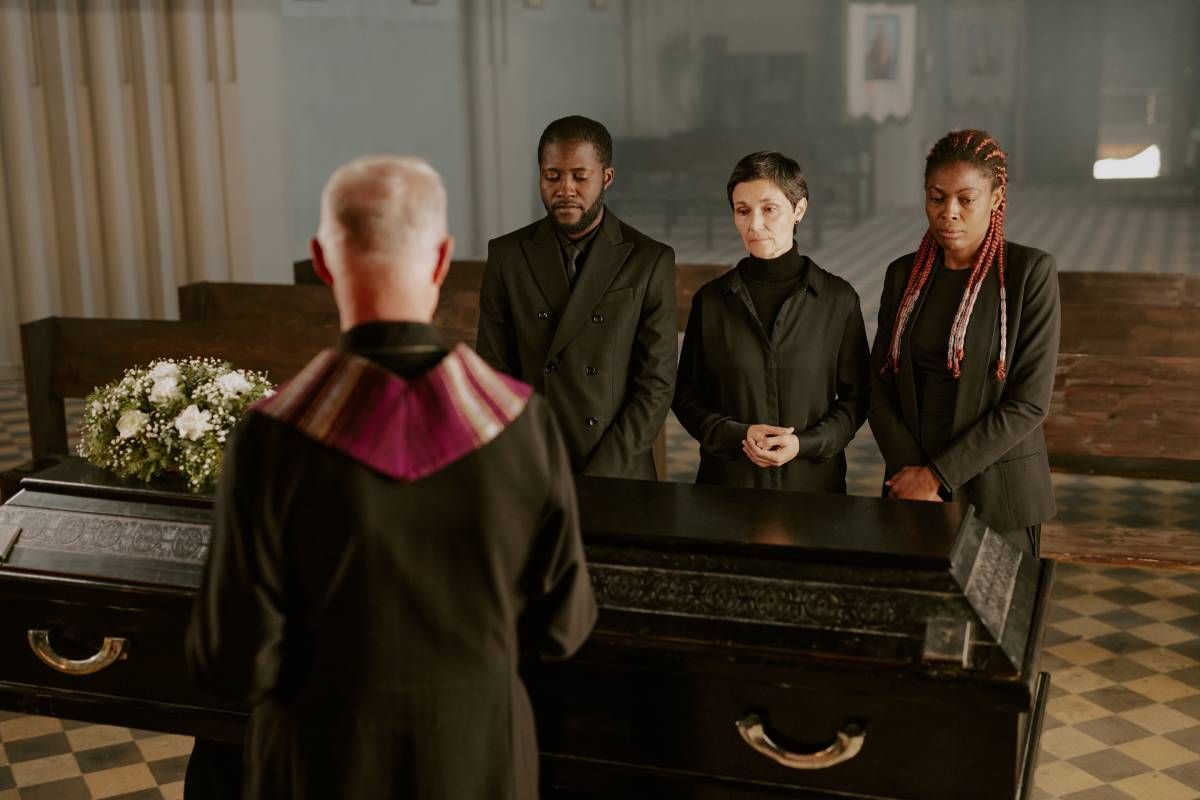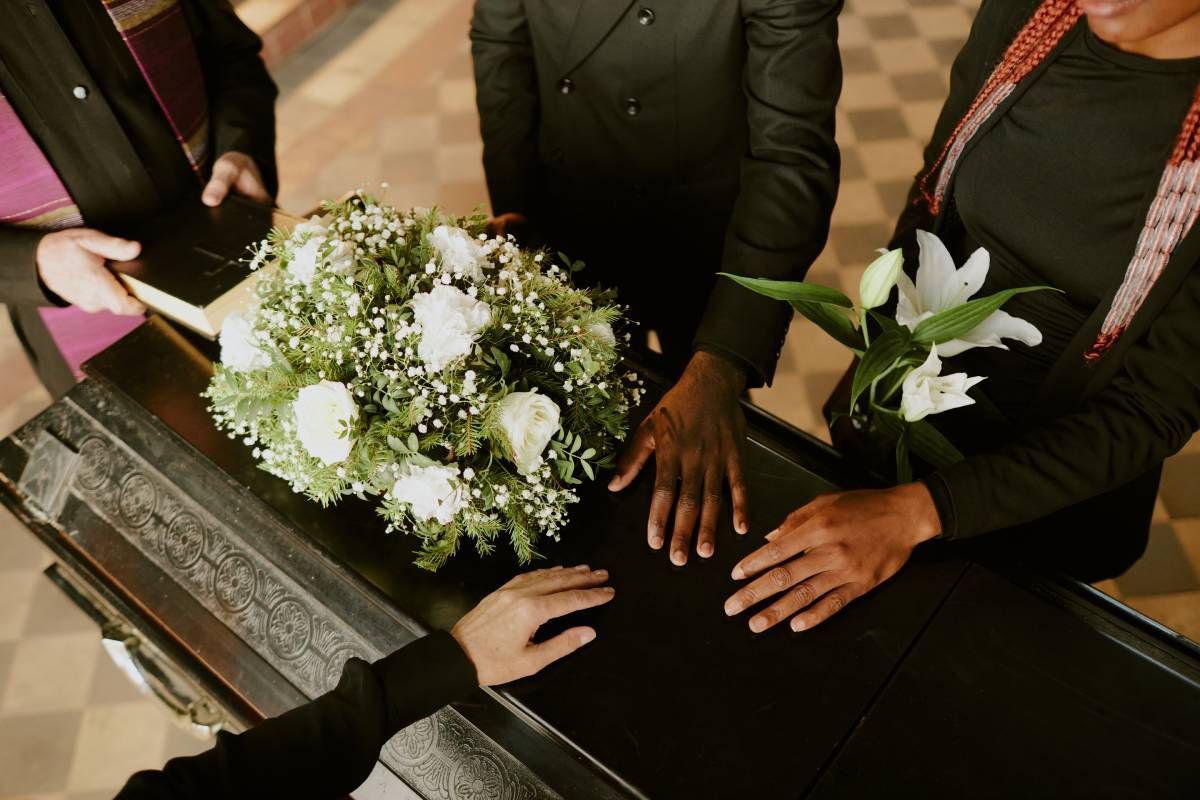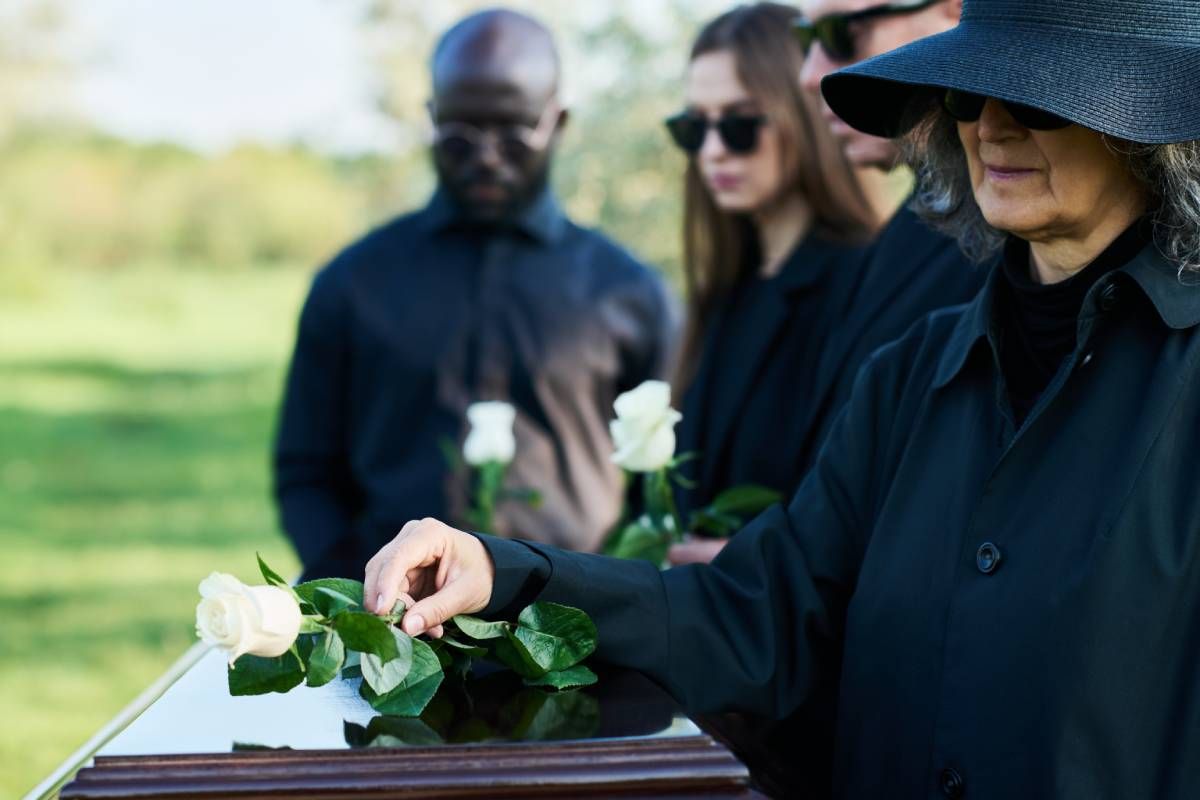The role of a funeral director: Behind the scenes of a funeral services Santee!

A funeral director, often known as a mortician or undertaker, plays a crucial role in orchestrating the complex and sensitive process of funeral services Santee. Their responsibilities go far beyond what most people see during a funeral. Behind the scenes, funeral directors ensure that every detail is handled with precision and compassion, offering support to grieving families and ensuring the deceased is honored appropriately.
Preparation and planning
One of the first tasks a funeral director undertakes is meeting with the family of the deceased to discuss their wishes and needs. This initial consultation involves making decisions about the type of service, whether it will be a burial or cremation, and any specific rituals or traditions to be observed. Funeral directors are well-versed in various religious and cultural practices, which enables them to provide tailored services that respect the deceased’s heritage and the family's preferences.
Administrative duties
Funeral directors handle an array of administrative tasks that are critical to the smooth operation of a funeral services Santee. This includes securing necessary permits, such as death certificates and burial permits, and liaising with insurance companies and government agencies. They also coordinate with cemeteries, crematories, and other service providers to arrange the logistics of the funeral.
Body preparation
A significant part of a funeral director’s role is preparing the deceased for the funeral. This process, known as embalming, involves sanitizing and preserving the body to ensure it is presentable for viewing. Funeral directors may also apply makeup and dress the deceased according to the family's wishes. This aspect of their job requires a high level of skill and sensitivity, as it is important to present the deceased in a manner that is respectful and comforting to the family.
Coordination of services
On the day of the funeral, the director looks after all needed things related to the funeral services Santee. They coordinate with clergy, musicians, and other participants to ensure everything proceeds smoothly. They also manage the transportation of the deceased to the service location and, subsequently, to the final resting place. Funeral directors are often present during the service to provide support and ensure that any last-minute changes or issues are addressed promptly.
Emotional Support
Providing emotional support to grieving families is a central part of a funeral director’s job. They offer a compassionate presence, helping families navigate the difficult process of saying goodbye to a loved one. This support is not restricted to only funeral, as many directors be in touch with families after the service to provide continued help and grief counselling resources.
The funeral director’s role is multidimensional and challenging, requiring a distinctive blend of empathy, organizational skills, and attention to all details. While much of their work is done behind the scenes, the impact of their efforts is felt deeply by the families they serve. By managing the numerous details and providing compassionate support, funeral directors play a pivotal role in helping families honor their loved ones and begin the healing process.
